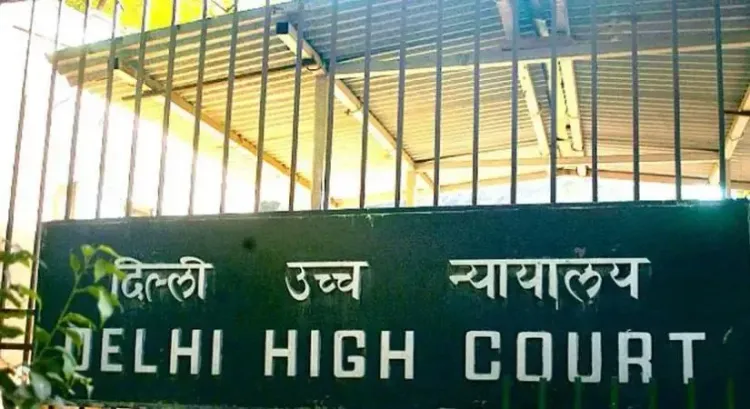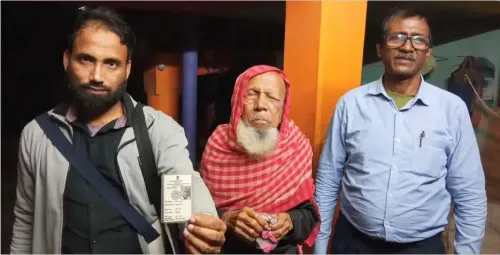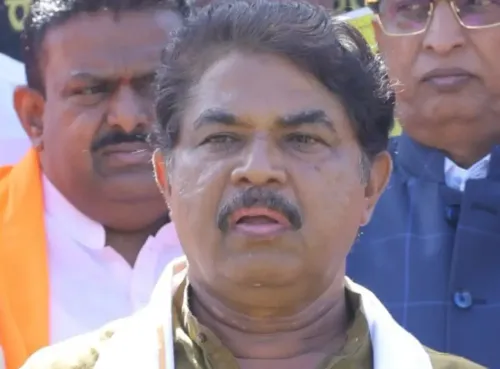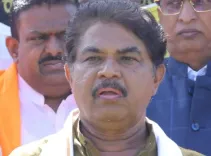Delhi High Court Responds to PIL for Cashless Transactions in All India Post Offices

New Delhi, Dec 24 (NationPress) The Delhi High Court has responded to a petition urging India Post to adopt QR-based or digital payment systems across all postal offices to eliminate overcharging stemming from cash transactions.
A bench led by Justice Sanjeev Narula was addressing a public interest litigation (PIL) that voiced concerns regarding arbitrary tariff rounding, the absence of digital payment choices, and antiquated infrastructure within postal services.
The petition provided concrete examples to highlight the systemic issues. For instance, a client was billed Rs 18 for a postal service priced at Rs 17.70 due to the lack of exact change, resulting in an overcharge of 30 paise. While this sum might appear trivial, when considered across millions of transactions nationwide, it leads to considerable financial losses, argued advocate Ujjawal Gaur, who represented himself.
In another case, a customer was charged Rs 41 for a service that cost Rs 41.30, resulting in a waiver of 30 paise. This not only affects the Consolidated Fund of India but also underscores the inefficiencies in the cash handling processes of India Post, Gaur added.
“This dependence on cash transactions gives rise to inefficiencies, delays, and scenarios where customers, unable to produce exact change, frequently lose the remaining balance, which further exacerbates financial losses,” the petition asserted.
Moreover, it stated that the absence of digital payment solutions violates Article 14 of the Constitution, as it discriminates against individuals who depend solely on cashless transactions.
Recognizing the significance of the issues raised in the PIL, the bench led by Justice Narula issued a notice to India Post, the Union government, and other relevant parties, calling for their responses within a span of four weeks.
“Issue notice to Respondents, through all allowable methods, upon the submission of the process fee, to be returned on the next hearing date. Upon service, such Respondents shall submit a counter affidavit within four weeks of service,” the court ordered.
The next hearing for this matter is scheduled for April 25, 2025.










